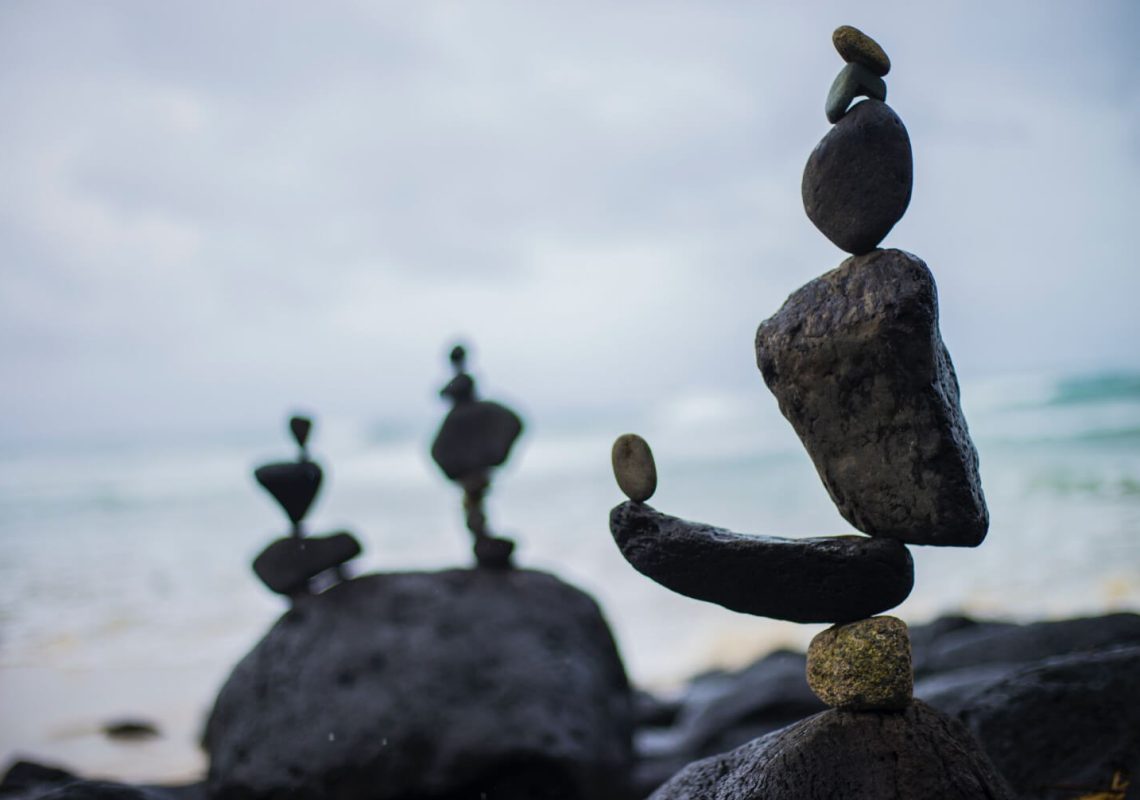In this article, we will explore the synergistic relationship between the use of plant medicine and the meditation practice, and how these two can be of great benefit when used together.
Meditation and Plant Medicine
In the last few decades meditation has made its way into the modern western world. In ancient times meditation -which was inseparable from its spiritual implications- was to be practiced only by a minority of Spiritual seekers and often kept a sense of secrecy around it. In contrast with the current modern approach to meditation, which in general terms is secular and open to the public. Firemen, lawyers, Google tech engineers, Christians, and farmers, as well as any other person, may practice meditation regardless of their religious belief or occupation. All find great benefit from this practice. Many of the well-known benefits are stress reduction, improvement of sleep, an increase in attentional capacity, and emotional self-regulation, and if taken seriously can produce enlightenment. A similar phenomenon occurred with plant medicine. In past times plant medicine was to be used within a tribal context where there where shared values, culture, ideals and spiritual beliefs, alongside a tradition. People used medicine to heal the ill, resolve conflict within the community, decision making, guidance and spiritual connections.
Whereas nowadays -parallel to the meditation phenomena- plant medicine is offered as a free access tool to everyone daring to approach it. Retreat centers and plant medicine facilitators offer the experience in an open-fashioned way.
How can we bridge the practice of meditation with the use of plant medicine to maximize our benefit?
The transformation and adaptation of these two ancient spiritual practices to the western modern world are of great benefit for a global society in which more than 700 000 people commit suicide every year, one in three couples engage in physical violence and one in every ten people use pharmaceutical drugs to treat depression symptoms. Regardless of the hundreds of thousands of meditation techniques, one may practice, a common factor that most meditation practices emphasize developing is the faculty of attentional stability. The natural effects of training attention are an embodied moment-to-moment capacity to be present without being kidnapped by distractions, a sharper capacity to attend to the many daily activities we engage with, a greater ability to recognize and “surf” our emotions, mental flexibility, and self-knowledge that comes from the sitting practice of observing one’s own mind. These are capacities that improve life’s quality, just by being more present and available to it. When one wishes to have the experience with plant medicine all of the faculties developed in meditation mentioned above are more than appreciated by the psychonaut. Such training will provide the right mental disposition for the experience with plants by generating more availability and a greater capacity to navigate the experience.
A little example:
In the plant journey, there may be moments in which one may experience a rough moment, either because of physical discomfort or because medicine is taking us to a tough place. In such situation, it’s foremost important to remain relaxed (getting nervous or agitated will only worsen it) now, the best way to do that is by attending to the sensations of the breath. It is like the lifeline scuba divers use to know their way back when they explore dark labyrinth-like caves underwater, in the same way, the breath will bring you back from the agitation into the safe boundaries of the present moment. Naturally, one with training in let’s say mindfulness of breath meditation will manage to do that easily. Most of the time we identify with the thoughts that visit the mind, making them who we are, part of our identity. Meditation practice will teach us to dis-identify with the cascading stream of thoughts and enable us to have an attentive, relaxed presence, which through a medicine journey will allow the medicine to flow in a freer manner through oneself because when one is relaxed and surrenders to the experience, one can access deeper levels of understanding than the ones available when agitated and distracted.
Meditation as a tool for the Integration process
Another fundamental aspect in which meditation can be enormously beneficial is in the integration aspect. Integration is a very demanding task that will take the rest of your life -and the subsequent ones-. For it, its necessary to have tools that can help us keep ourselves together, and integrated. Meditation is a precious gem that will give stability to the insights received in the medicine journey by reminding and familiarizing the mind with positive states. It is like developing a skill, the more you play tennis the better you get at it, same thing will happen with meditation when practiced on regular bases -daily practice is ideal- Meditation will bring a sense of spaciousness and recollect a non-reactive attitude and rather offer the beauty of being responsive to situations in life.
Meditation itself is a gateway to greater freedom that open up new possibilities for our own experience as humans. Through training the mind properly, being free of anger, pride, jealousy, unhealthy attachment and confusion is possible. By properly edifying our mind through meditation and using medicine as a tool for healing and inner growth one will squeeze all the juice out of these two modes of inner development that support each other.
